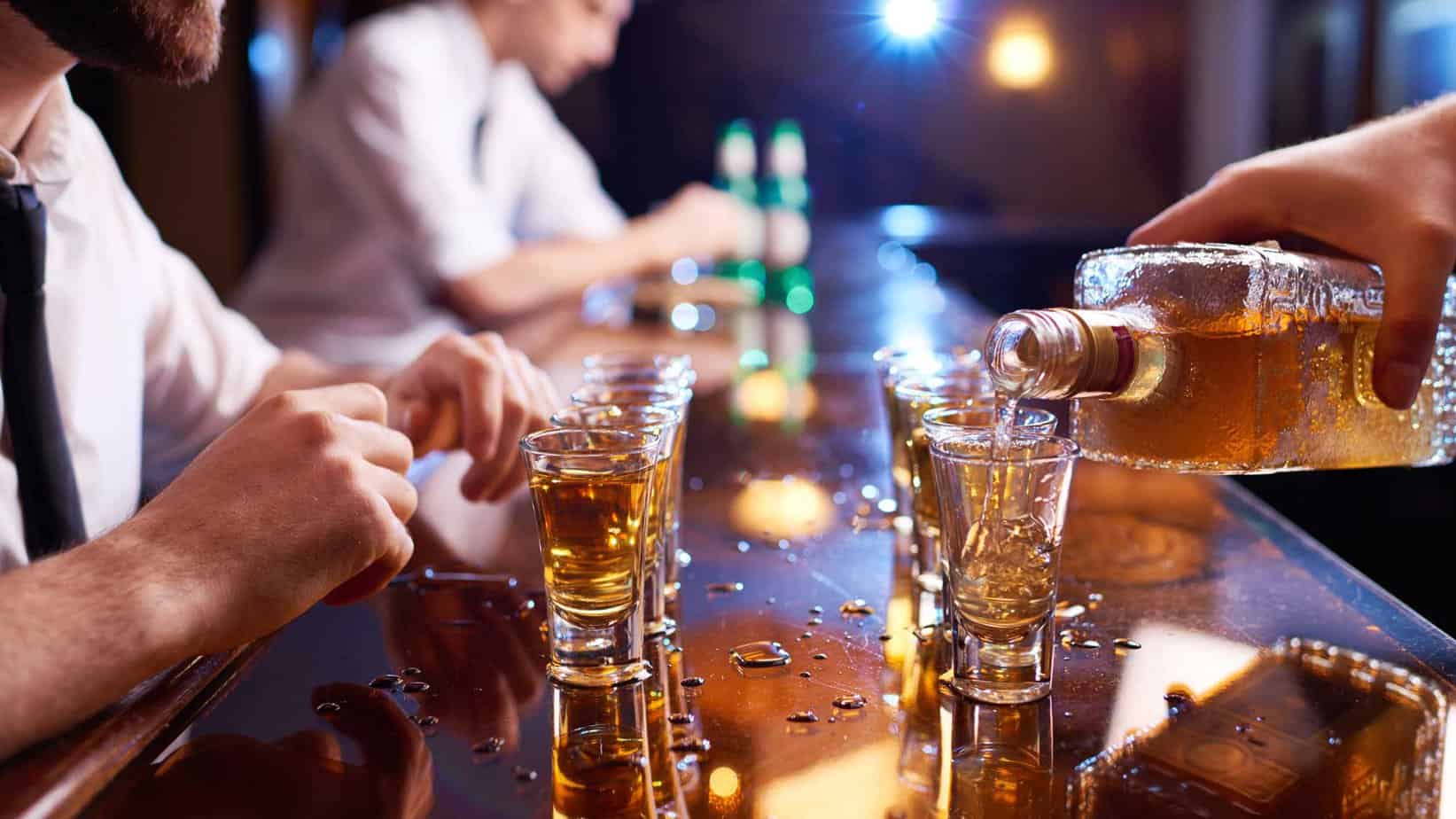WARNING: This post will contain spoilers about The Queen’s Gambit. If you are still watching this show, you may want to finish it before reading the piece below.
Officially the most-watched limited series on Netflix, The Queen’s Gambit’s popularity has impacted more than just their viewership numbers. Not only have 62 million households watched the show, but chess set sales have increased by a whopping 87 percent as well. However, chess is not the only topic that this series focused on. Addiction also played a prominent role, personifying itself in Beth Harmon, the protagonist and chess-playing prodigy who battles more than just opposing players in this seven-episode arc. The show chronicles her journey to becoming the world’s best chess player while struggling with substance abuse.
By simply including this devastating disease in the main storyline, the show plays a part in helping change how society sees addiction. But did The Queen’s Gambit depict addiction accurately? We asked our recovery community their thoughts on how well the show portrayed the impact of substance use disorders and this is what they had to say.
Checkmate! What the Queen’s Gambit Got Right About Addiction
Trauma can trigger substance abuse
From the very beginning, The Queen’s Gambit alludes to the roots of Beth’s addiction through flashbacks. Multiple scenes depict the trauma she experienced from surviving a car crash that her mom used to commit suicide, along with the impact that the lack of a relationship with her biological and adoptive fathers had on her. A similar storyline included her mom’s own struggles as she used alcohol to deal with her husband leaving her. Since Beth had also coped with her trauma in a similar fashion, she thought this was an acceptable way to deal with her emotions as well.
Addiction is a vicious cycle
Beth’s addiction is well documented as we see her begin using tranquilizers at a young age in the first episode. She attributes her exceptional chess-playing abilities to the pills, admitting in later episodes that she thinks the cloudy feeling she experiences when under the influence is the reason why she wins.
As Beth continues her journey in becoming a household name in the chess community, she relies on her substance of choice to handle the pressure that comes with it. Her adoptive mother travels with her to chess tournaments and introduces Beth to alcohol. The sense of balance that Beth feels under the influence of both substances gives her a sense of invincibility, with these substances serving as her secret weapons. Eventually, the constant use of both the alcohol and pills takes a toll, and she begins to feel the drain that comes with prolonged use. Beth finds herself waking up with constant hangovers and begins alienating herself from friends.
Drugs and alcohol are often used to self-medicate
Like many suffering from addiction, Beth used drugs and alcohol to escape the pain of losing a loved one – in her case, the death of her biological mother. When the substances stopped helping to alleviate her grief, she turned to dating to cope with her feelings of abandonment that came from her fear of being alone. When that failed, she withdrew and spiraled, unable to confront the roots of her pain head-on.
Strength comes from sobriety
As she hits rock bottom, Beth is reunited with Jolene, her best friend from her days at the orphanage where she grew up. With Jolene by her side, Beth begins to address her PTSD and acknowledges that she is a better chess player off the tranquilizers than she is on them. That notion is best shown through the show’s final episode when she is playing her toughest opponent, a Russian grandmaster, in the championship round. Before Beth begins her turn, the camera pans to the ceiling, where Beth sees a chessboard with her game plan playing out before her eyes. She smiles because in that moment, she knows that her chess abilities had nothing to do with the drugs, it was all her.
Rookie Mistakes the Show Made
Does not properly depict the recovery process
While the show shined a bright light on Beth’s experience with addiction, they were not as consistent when it came to her recovery. The Queen’s Gambit made it appear as if it was easy for Beth to stop using and that her path to sobriety was simple.
For those struggling with addiction, it is hardly that easy. Portraying recovery as an easy process is not only misleading but dangerous as well. Sobriety is a challenge and requires the person struggling with addiction to be prepared to face it head-on. If viewers struggling with addiction are watching the show and conclude that recovery is easy, they might give up when confronted with challenges, thinking that they are incapable of sobriety. For those suffering from addiction, sobriety is the only way to heal and improve their quality of life. Thinking of it as just an easy choice is dangerous and can harm the very people that this series is trying to raise awareness for.
Perpetuates the myth that drugs and genius are connected
The notion that there is a link between a person’s talent and the drugs they consume is not true. The recovery community has been battling this misconception for quite some time and pop culture has perpetuated it. The fact that The Queen’s Gambit is echoing this falsehood while raising vital awareness about addiction makes this so disappointing. The last episode shows Beth smiling at the ceiling because she realizes that her talent had nothing to do with the drugs and has some worried that this is too little too late. Quite simply, The Queen’s Gambit revealing the truth in the end does not instantly redeem them for peddling this mistruth for the majority of the show.
Final Thoughts
Overall, The Queen’s Gambit effectively shined a spotlight on addiction and showed that this disease does not discriminate, disputing the stereotype of what a “typical” addict looks like. The show also delved deep by breaking down how certain stressors led Beth to self-medicate. However, they did accelerate her recovery in an unrealistic fashion. The show also continued to depict the dangerous myth of drugs and genius being connected. Despite these missteps, The Queen’s Gambit was still able to use its status as one of the most popular shows on Netflix to keep the public’s attention focused on addiction. This can lead to a change in how society views the subject as well as lead to breakthroughs and progress.
If you or a loved one is struggling with addiction, Mountainside can help.
Click here or call (888) 833-4676 to speak with one of our addiction treatment experts.

 By
By 





